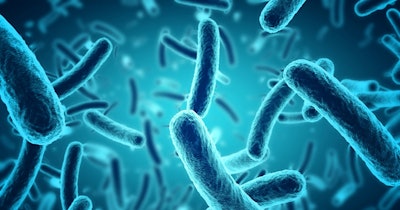
Direct-to-consumer (DTC) microbiome tests may provide information that is of little use, experts told GenomeWeb.
While physician-ordered tests typically identify specific microorganisms and microbiome states that are associated with particular health disorders, some products aimed at consumers are designed to assess gut health more broadly. Some experts see problems with the broader wellness approach to testing.
“Microbiomes are somewhat unique, akin to a fingerprint,” Leigh Frame, program director of integrative medicine at George Washington University, told GenomeWeb. “Your version of a healthy microbiome is probably different than my version of a healthy microbiome. And that makes it really difficult to figure out what a healthy microbiome looks like when there are many, many, many healthy microbiomes.”
Jack Gilbert, a professor of pediatrics at the University of California (UC), San Diego, raised the variability of the microbiome over time as another challenge, saying that “I will guarantee my microbial community yesterday at lunchtime looked very different to my microbial community today.” That variability means test developers need to understand when the biomarker they are checking for could change.
However, while the experts see problems with current approaches, they have also identified potential ways for microbiome tests to make a bigger impact as the science advances. Frame named tests that identify factors that affect how a patient will respond to a medicine as a promising area, noting that differences in the microbiome may account for the variable patient-to-patient responses to gut disease treatments.
A potential link between the microbiome and responses to particular medicines is one of the many areas of uncertainty that could become clearer in the coming years. The microbiome is still a relatively new area of research and, as such, there remain large gaps in understanding how microorganisms affect human health.













